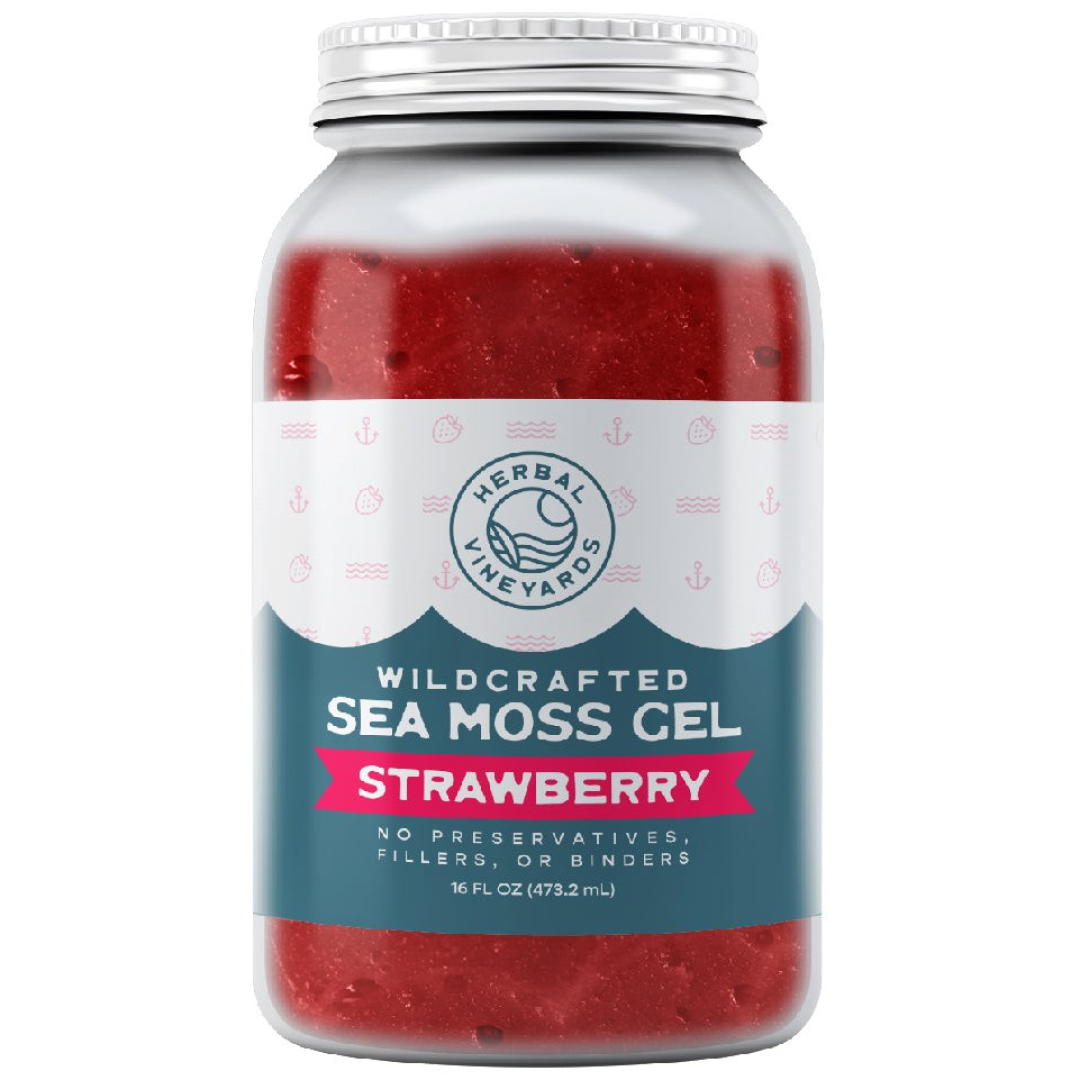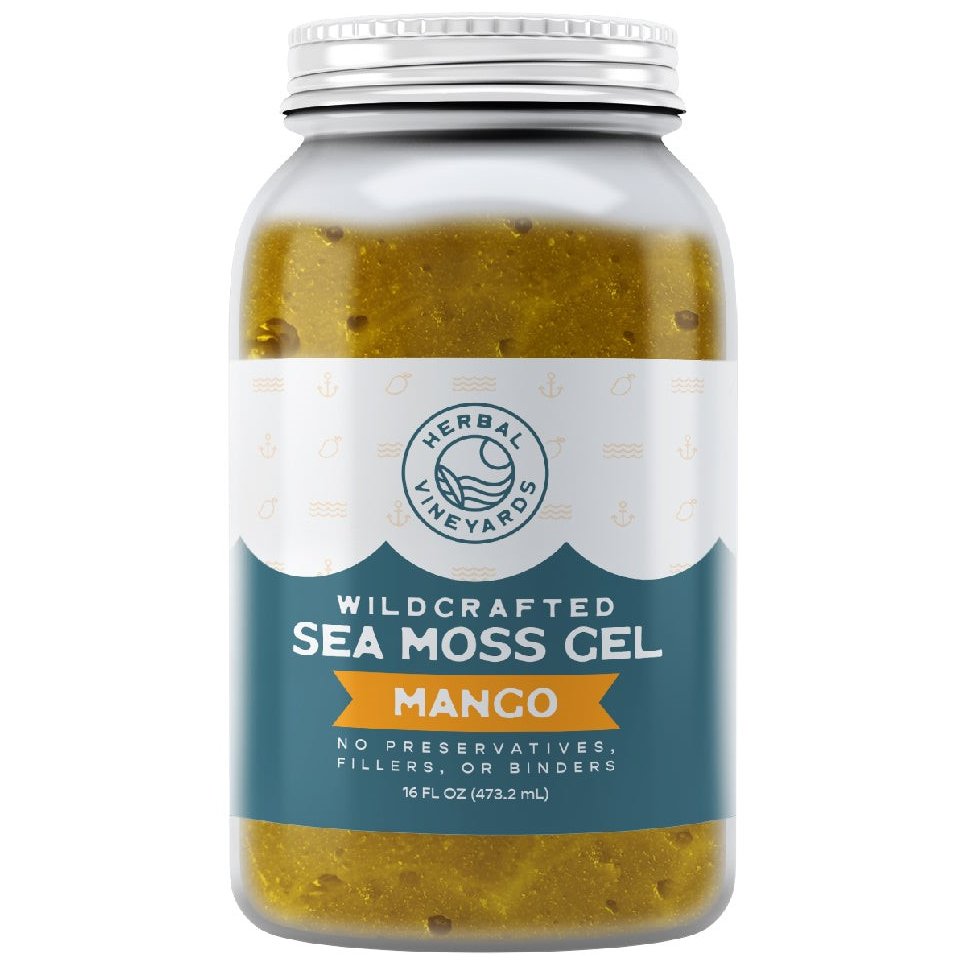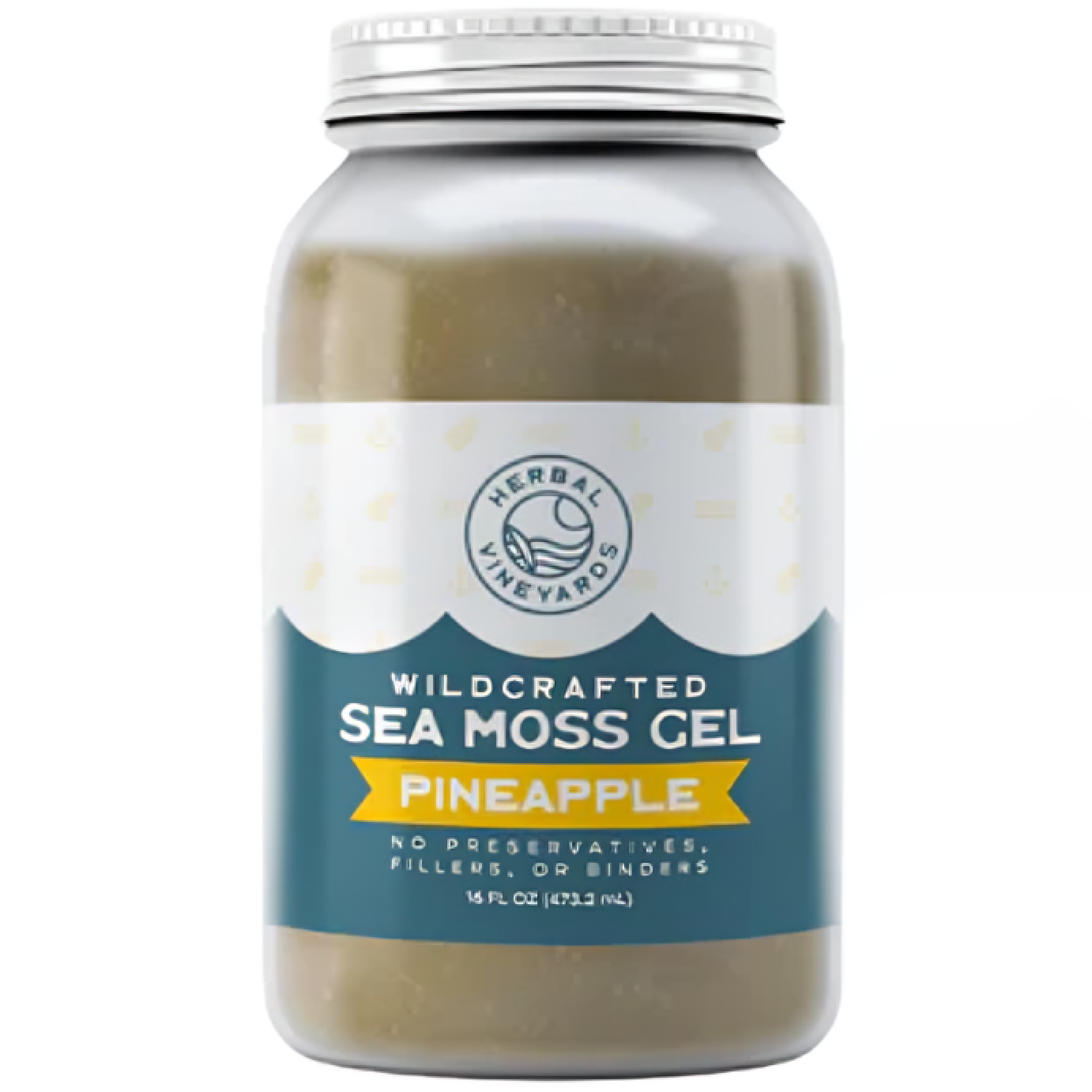Neuroprotective Effects of Sea Moss Polysaccharide Extracts
The sea mosses found throughout the northern Atlantic are used as thickeners, stabilizers, and emulsifiers in the food and cosmetic industries. Apart from a high concentration of the sulfated polysaccharide carrageenan, sea moss is high in amino acids, proteins, peptides, lipids, and pigments, all of which can provide humans with a variety of health advantages, including neuroprotective potential. Phenolic compounds from sea moss, such as Phlorotannins, in particular, dieckol, are associated with increases in important central neurotransmitters in the brain, particularly Acetylcholine (ACh).
Sea moss's role in Parkinson's disease
Parkinson's disease is the most prevalent degenerative disease in older people and is characterized by loss of dopaminergic (DAergic) neurons, which causes tremors, stiffness, and slowness of movement. However, preliminary evidence suggests that sea moss may help halt Parkinson's disease progression.
- Decreased α-synuclein accumulation: A study conducted on worms showed that polysaccharide extract from sea moss was found to diminish α-synuclein accumulation, slowness of movement, and reduce DAergic neuron loss. This could promise for persons who have Parkinson's disease.
- Essential minerals: Essential minerals magnesium and potassium, mood boosters, protect the brain from degeneration. Therefore, sea moss polysaccharide extract can be a vital compound for preventing Parkinson's disease.
- Antioxidant potential: Secondly, the antioxidant property of sea moss aid in preventing neurodegenerative diseases. According to research published in the journal Marine Drugs, an extract from sea moss was found to protect against signs of Parkinson's disease.
Sea moss's role in Alzheimer's disease
Polysaccharides from sea moss could be the next big thing in neurodegenerative disease treatment. Bioactive compounds from sea moss such as fucoidan and ulvan and their derivatives as potential therapeutics against Alzheimer's disease.
Antioxidant potential of sea moss: Sea moss often relies on Sulfated polysaccharides. Seaweed polysaccharides have been demonstrated to have potent anti-inflammatory and antioxidant properties and the potential to scavenge free radicals. Oxidative stress and inflammation are primary factors in the pathogenesis of AD. Therefore, sea moss can be used in the pharmaceutical industry and our diet to control AD. A study in 2019 shows that when mice with symptoms of neurodegeneration were given fucoidan extracts, their memory and learning were improved.
Inhibit reactive oxygen species (ROS): ROS species are key damaging factors in AD, and sea moss has a functional role in preventing ROS production, decreasing apoptosis, and increasing cell viability, memory, and learning functions. Sea moss extract Fucoidan has been demonstrated to boost glutathione peroxidase (GPX) levels and reduce the generation of reactive oxygen species (ROS). Increased levels of acetylcholinesterase cause cholinergic dysfunction, which contributes to memory loss in Alzheimer's patients. Sea moss polysaccharide extracts inhibit acetylcholinesterase and butyl cholinesterase, which may help individuals with cholinergic deficits and AD patients.
Final Thoughts
Finally, polysaccharides extracts from seaweed could be a promising therapeutic for neurodegenerative disorders such as Alzheimer's disease and Parkinson’s disease. Apart from its use as a functional food, sea moss could have pharmacological applications in developing new anti-neurodegenerative medications for humans. So, you can get your daily dosage of vitamins and minerals from this superfood to prevent neurogenerative disease available at Herbal Vineyards
References
Liu, J., Banskota, A. H., Critchley, A. T., Hafting, J., & Prithiviraj, B. (2015). Neuroprotective Effects of the Cultivated Chondrus crispus in a C. elegans Model of Parkinson’s Disease. Marine Drugs, 13(4), 2250. https://doi.org/10.3390/MD13042250
Silva, J., Alves, C., Pinteus, S., Mendes, S., & Pedrosa, R. (2020). Seaweeds’ neuroprotective potential set in vitro on a human cellular stress model. Molecular and Cellular Biochemistry, 473(1–2), 229–238. https://doi.org/10.1007/S11010-020-03824-5
Schepers, M., Martens, N., Tiane, A., Vanbrabant, K., Liu, H. B., Lütjohann, D., Mulder, M., & Vanmierlo, T. (2020). Edible seaweed-derived constituents: an undisclosed source of neuroprotective compounds. Neural Regeneration Research, 15(5), 790–795. https://doi.org/10.4103/1673-5374.268894







